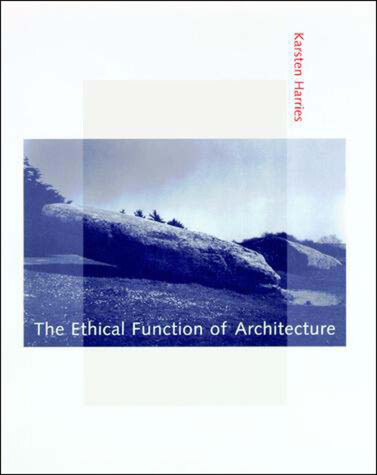Can architecture help us find our place and way in today's complex world? Can it return individuals to a whole, to a world, to a community? Developing Giedion's claim that contemporary architecture's main task is to interpret a way of life valid for our time, philosopher Karsten Harries answers that architecture should serve a common ethos. But if architecture is to meet that task, it first has to free itself from the dominant formalist approach, and get beyond the notion that its purpose is to produce endless variations of the decorated shed.In a series of cogent and balanced arguments, Harries questions the premises on which architects and theorists have long relied—premises which have contributed to architecture's current identity crisis and marginalization. He first criticizes the aesthetic approach, focusing on the problems of decoration and ornament. He then turns to the language of architecture. If the main task of architecture is indeed interpretation, in just what sense can it be said to speak, and what should it be speaking about? Expanding upon suggestions made by Martin Heidegger, Harries also considers the relationship of building to the idea and meaning of dwelling.
Architecture, Harries observes, has a responsibility to community; but its ethical function is inevitably also political. He concludes by examining these seemingly paradoxical functions.
- ISBN10 026258171X
- ISBN13 9780262581714
- Publish Date 31 July 1998 (first published 1 December 1996)
- Publish Status Out of Stock
- Out of Print 7 December 2021
- Publish Country US
- Publisher MIT Press Ltd
- Imprint MIT Press
- Format Paperback (US Trade)
- Pages 424
- Language English
- URL http://mitpress.mit.edu/9780262581714
